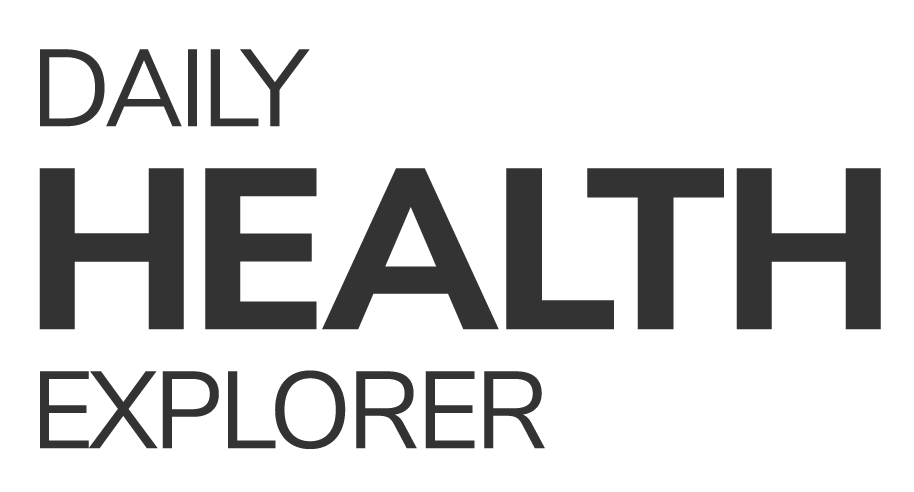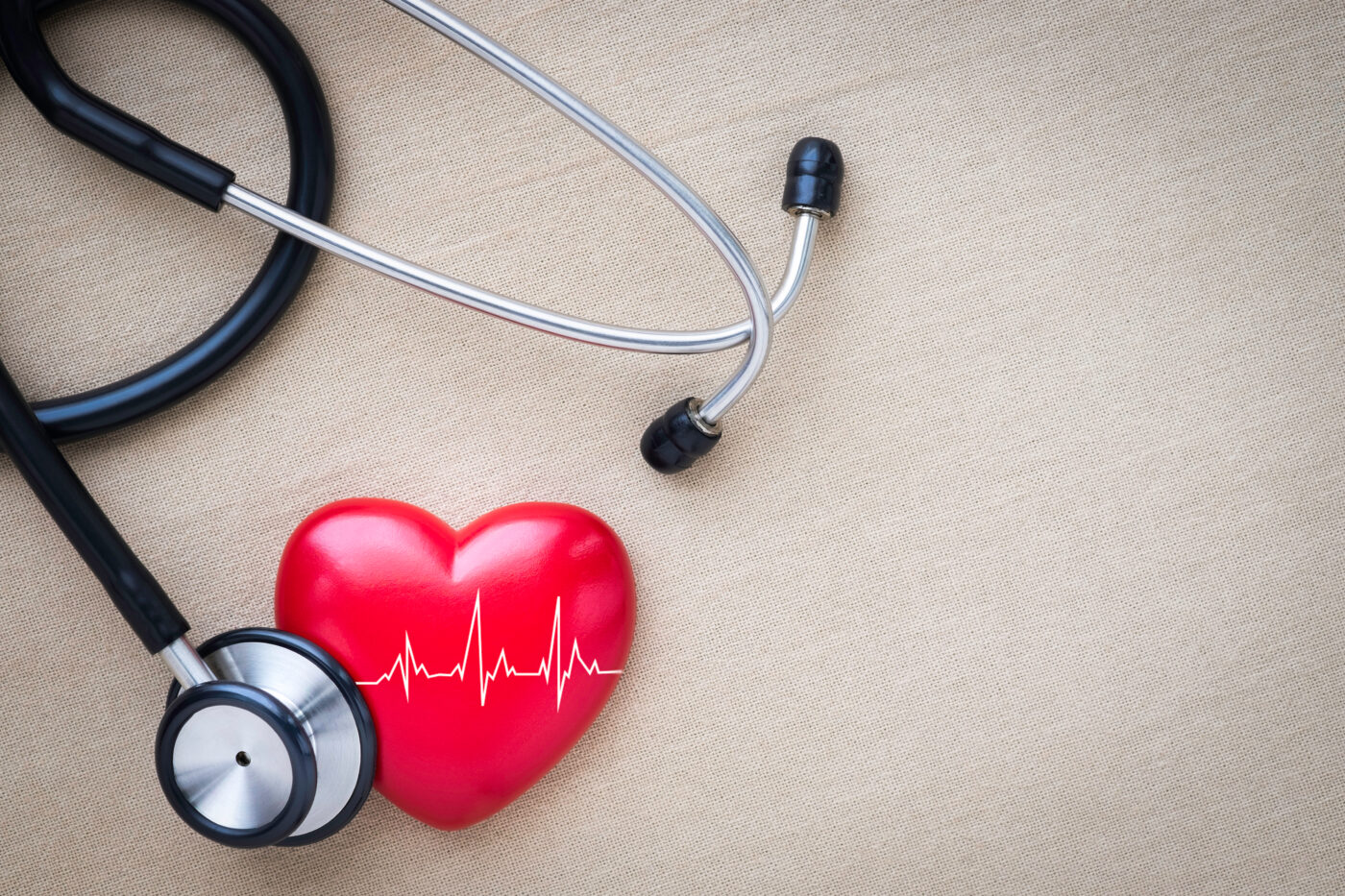You’re hearing about fasting, and it sounds scary. Can it really be that good for you? Do you need to consider fasting as a tool to reach your health goals?
Let’s start with the basics:
Fasting simply means an empty stomach. When you wake up in the morning, you’ve technically fasted because you haven’t eaten since the night before.
Now, there are a lot of different types of fasting out there, but I want to focus on the kind of fasting that involves eating nothing for an extended period of time. This is something that should not be taken lightly, as it can be dangerous if not done correctly.
I recently had a patient who came to me wanting to try a water-only fast for 30 days to reverse his heart disease. I agreed to supervise him, but I also warned him to be careful. Halfway through his fast, he stood up too quickly and fell, hitting his forehead on a piano and requiring stitches. When he went to the emergency room, the doctors there criticized his decision to fast.
Despite the accident, and the ER doctors’ disapproval, the patient persisted with his fast and after 30 days, he completely reversed his heart disease. He went from not being able to walk 10 feet without chest pain to playing a full game of tennis without any pain at all.

This is just one example of the benefits that fasting can provide, but it’s also very important to remember that fasting is not something to be taken lightly. It’s not a magic cure-all, and it’s not something that you can just randomly decide to do without any preparation.
What happens when you fast:
When you fast, your body repairs itself. During the night when you’re sleeping and not eating, your body produces anabolic hormones that go to work repairing all the damage that’s been done during the day. This is crucial for maintaining normal function, and if you don’t repair your body, you’ll start to lose function over time.
The benefits of fasting are numerous, but it’s important to remember that it’s not a one-size-fits-all solution. If you’re considering fasting, make sure to talk to your doctor first to see if it’s safe for you. And if you do decide to fast, make sure to do it under the guidance of a medical professional to ensure your safety.
Dr. Scott Saunders M.D.



